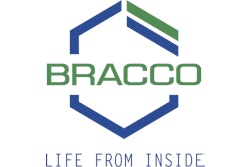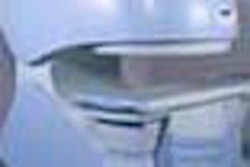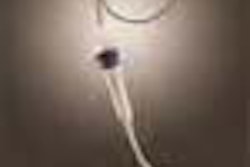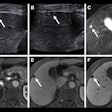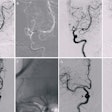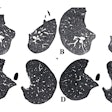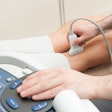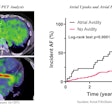The Canadian government has launched a salvo in the battle for dominance of the country's $22.5 million (Canadian) market for x-ray contrast agents, imposing hefty anti-dumping fines on firms that export the products from the U.S. The duties could force Canadian hospitals to pay sharply higher prices for the products.
On January 4, the Canada Customs and Revenue Agency imposed provisional duties of 82% on imports of seven iodinated contrast agents manufactured in the U.S., including the Commonwealth of Puerto Rico. The duties were imposed in response to a complaint filed in August 1999 by Mallinckrodt Medical of Pointe-Claire, Quebec (now Mallinckrodt Canada). The complaint alleges that the products have been dumped on the Canadian market, causing serious harm to Canadian industry. Mallinckrodt Canada is the only Canadian manufacturer of x-ray contrast media.
The Canadian government concurred with Mallinckrodt's complaint in its decision, imposing provisional duties on the products that will remain in effect until March 30, while the Canadian International Trade Tribunal (CITT) conducts an inquiry into whether the imports are harming Mallinckrodt Canada. The CITT will issue a final decision on the fate of the tariffs by March 30.
Under Canadian law, dumping occurs when any product is sold in Canada for less than its selling price in the country in which it is manufactured, or at a price the government deems unprofitable for the manufacturer. The government uses a complex formula to determine the amount by which the products are underpriced, and thus the extent of duties to be imposed.
The duties affect products manufactured by Bristol-Meyers Squibb of Princeton, NJ (marketed by Bracco Diagnostics), Nycomed of Princeton NJ, and Searle of Barceloneta, Puerto Rico (marketed by Nycomed). In an interesting twist to the story, Mallinckrodt Canada included its own parent company, Mallinckrodt of St. Louis, MO, in the complaint. Mallinckrodt Canada was not immediately available for comment.
Nycomed Amersham Canada, which imports x-ray contrast media from its parent companies in the U.S. and Puerto Rico, responded immediately to the CCRA's action. In a press release issued January 5, the company vowed "to pursue its case vigorously before the Canadian International Trade Tribunal, and to rely on its legal remedies to the ultimate extent permitted under Canadian law."
Nycomed general manager Jean-Pierre Huot said the 82% duties were so large as to be puzzling. "We are meeting with the (CCRA) next week to start fighting their decision -- how and why they achieved that level of duties." Beyond claims of economic damage to Mallinckrodt Canada, Huot said the heart of the issue is technical, in that the complaint alleges that several very different products are interchangeable.
"The way they put the complaint together, it's like comparing several different kinds of apples," Huot said. "For example, (Nycomed's) Visipaque is a unique product...and they're claiming it's exactly the same as (Mallinckrodt's) Hexabrix or Optiray, which it is not. So there is a technical battle which will be conducted on that issue, and on other issues as well."
Huot said that whether the price of Nycomed's x-ray contrast media will increase for end-users depends on a decision Nycomed Canada will make soon. He said that as a result of the action, Nycomed's parent companies in the U.S. will have to charge the Canadian subsidiary 82% more for the same products.
"Then we have a decision to (make)," he said. "Are we going to sell at exactly the same price as we do now and incur a deficit? Or increase the price to our end-users by 82%? If we do so, the result will be quite obvious. We will lose all the contracts, all our market share, and Mallinckrodt will be in a monopoly position and will soon increase their prices. So in the end the Canadian end-user will pay a lot more for the same products."
By Eric BarnesAuntMinnie.com staff writer
January 6, 2000
Copyright © 2000 AuntMinnie.com





